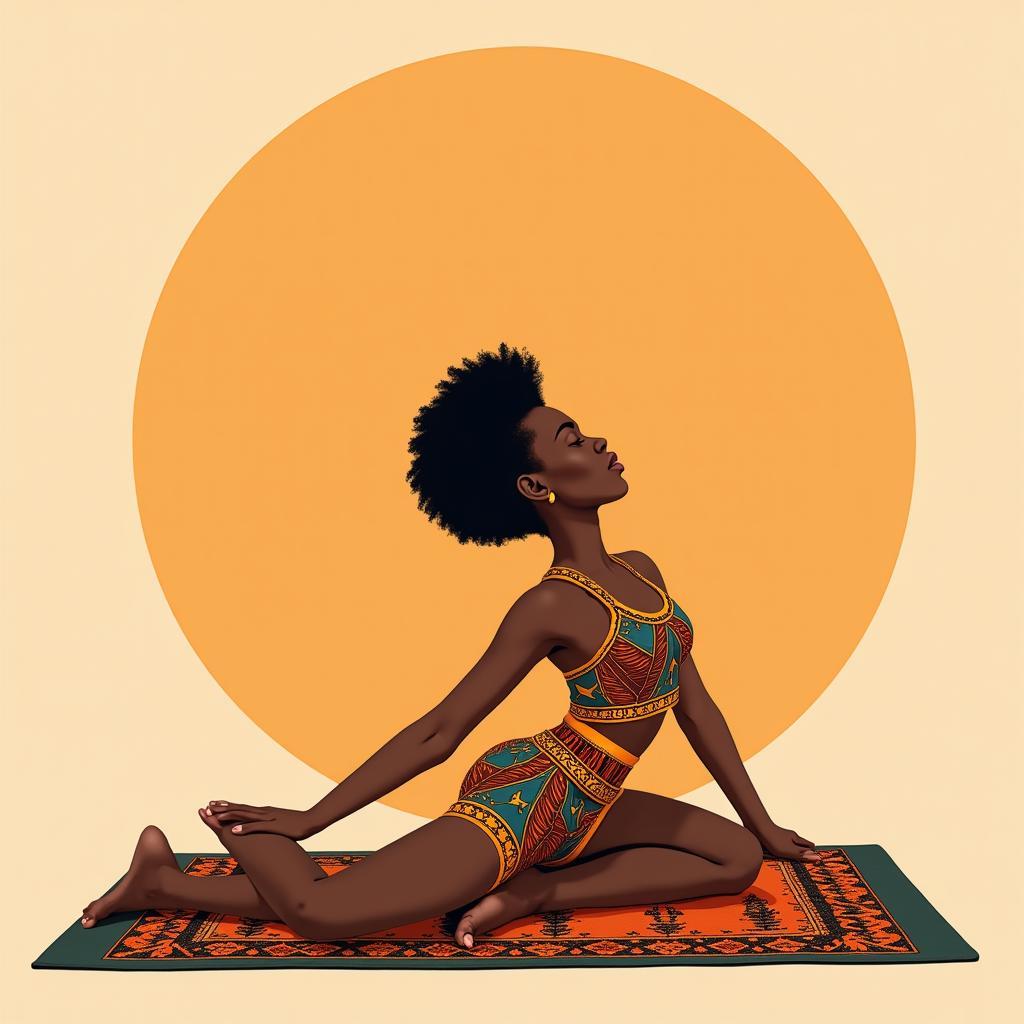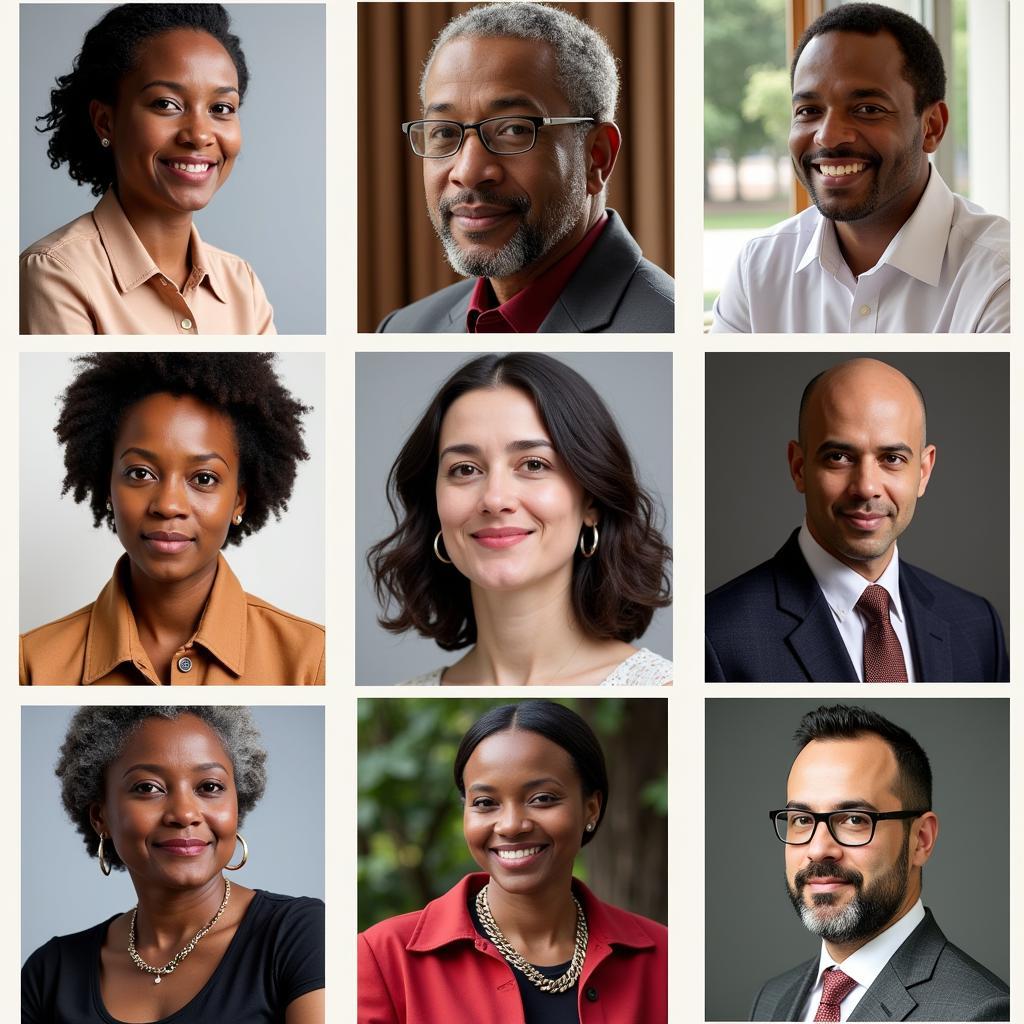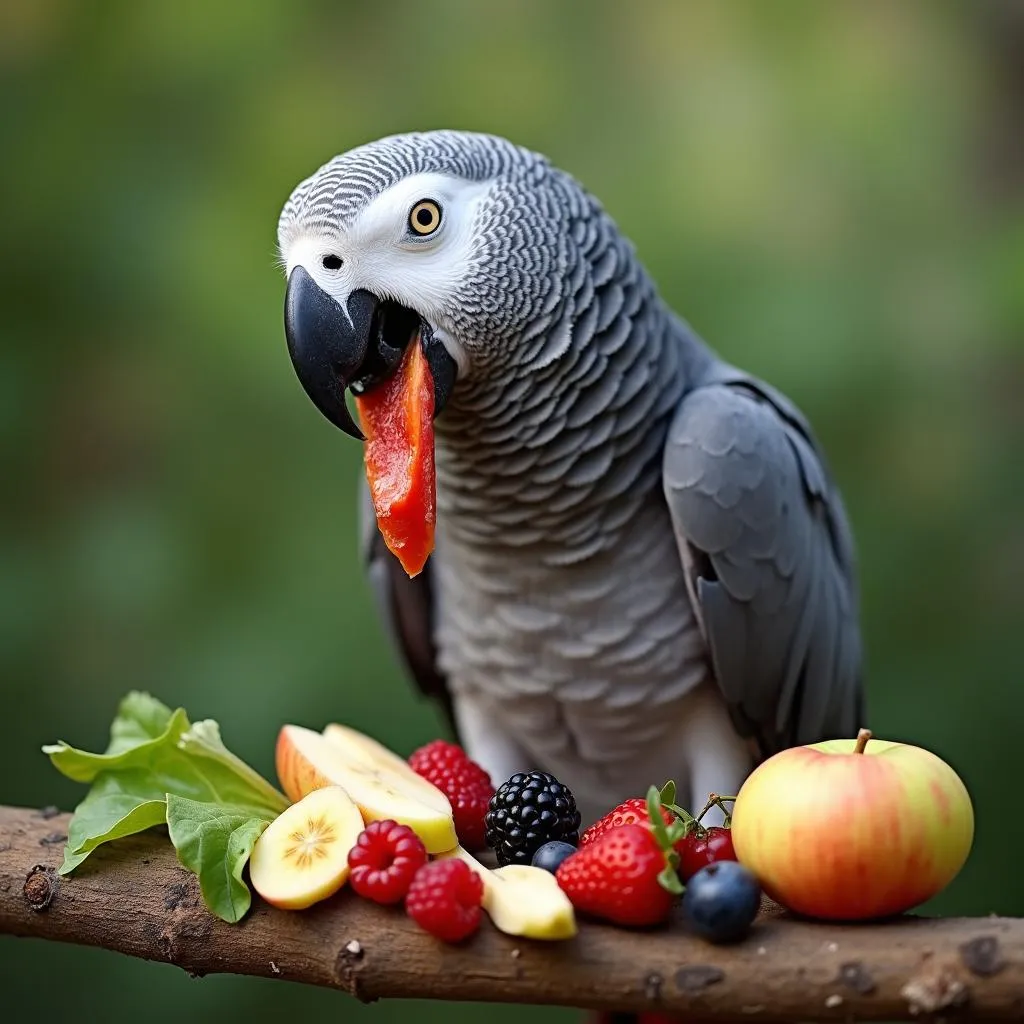Unveiling the Beauty of African Curls
African Curls are a stunning testament to the diversity and richness of African heritage. From tight coils to loose waves, these natural textures represent more than just hair; they embody history, culture, and identity. This article delves into the fascinating world of African curls, exploring their unique characteristics, care methods, and cultural significance. We’ll also touch upon styling tips and address common misconceptions surrounding this beautiful hair type.
Understanding the diverse nature of African curls is crucial for proper care and styling. Not all curls are created equal, and recognizing your specific curl pattern is the first step towards embracing its unique beauty. From the tightly coiled 4C type to the looser 3A curls, each pattern possesses its own set of characteristics that influence how it behaves and responds to different products and techniques. For example, tighter coils are often more prone to dryness and shrinkage, while looser curls may require more hold to maintain definition. Just after this paragraph, you can find some inspiration for updos by checking out African American updos with curls.
The Science Behind African Curls
The distinct shape and texture of African curls are rooted in the structure of the hair follicle. The oval or elliptical shape of the follicle influences the curl pattern, causing the hair to bend and twist as it grows. This natural curvature is what gives African curls their signature bounce and volume. Moreover, the distribution of sebum, the natural oil produced by the scalp, plays a key role in the overall health and appearance of African curls. Due to the coiled structure, sebum often struggles to reach the ends of the hair shaft, leading to dryness and potential breakage. This highlights the importance of targeted hydration and moisturizing practices.
Nurturing Your Natural Crown
Caring for African curls requires a tailored approach that addresses their unique needs. Gentle cleansing, deep conditioning, and regular moisturizing are essential for maintaining healthy, vibrant curls. Choosing products specifically formulated for curly hair, free of harsh sulfates and silicones, is paramount. These ingredients can strip the hair of its natural oils, exacerbating dryness and leading to damage.
Styling African Curls: Embrace Your Versatility
African curls offer a world of styling possibilities, from wash-and-go styles to intricate braids and updos. Embracing protective styles, like braids and twists, can help minimize manipulation and reduce breakage, promoting healthy hair growth. However, it’s crucial to avoid styles that are too tight or put excessive tension on the scalp, as this can lead to hair loss. You might be interested in exploring African braids with curls for more styling ideas.
Common Misconceptions about African Curls
Many misconceptions surround African curls, often rooted in Eurocentric beauty standards. Some believe that African curls are difficult to manage or unprofessional, which couldn’t be further from the truth. With proper care and styling, African curls can be healthy, manageable, and incredibly versatile. Challenging these outdated narratives is crucial for promoting self-love and celebrating the natural beauty of African hair.
For those with younger children, understanding their hair’s specific needs is essential. You can learn more about this by reading about African American toddler hair growth.
Embracing the Cultural Significance
African curls hold deep cultural significance, representing a connection to ancestry and heritage. For centuries, hairstyles have been used to communicate social status, tribe affiliation, and even spiritual beliefs. From the elaborate cornrows of the Himba people of Namibia to the intricate braids of the Yoruba people of Nigeria, each style tells a story and reflects a rich cultural tapestry. This cultural significance reinforces the importance of embracing and celebrating African curls in all their glory. Consider also looking at African bridesmaid hairstyles for more culturally inspired looks. As Dr. Anika Nkosi, a renowned anthropologist specializing in African culture, states, “Hair is not just hair in many African communities; it’s a powerful symbol of identity, history, and self-expression.”
If you’re interested in broader cultural trends, you might want to check out African American fashion 2019.
Conclusion
African curls are a source of pride, beauty, and cultural significance. Understanding their unique characteristics and embracing proper care and styling techniques empowers individuals to celebrate their natural hair texture. By dispelling misconceptions and promoting self-love, we can continue to elevate the beauty and versatility of African curls. Let’s continue to celebrate this beautiful expression of heritage and identity.
FAQ
- What are the different types of African curls?
- What are the best products for African curls?
- How often should I wash my African curls?
- What are some protective styles for African curls?
- How can I prevent breakage and dryness in my African curls?
- What are some common mistakes to avoid when styling African curls?
- How can I embrace the cultural significance of my African curls?
Scenarios for common questions
Scenario: My curls are always dry and brittle. What can I do?
Solution: Deep condition regularly, use a leave-in conditioner, and avoid harsh sulfates and silicones.
Scenario: I’m struggling to define my curls.
Solution: Try using a curl defining cream or gel and experiment with different styling techniques like finger coiling or twist-outs.
Scenario: My scalp is itchy and irritated.
Solution: Use a gentle, sulfate-free shampoo and avoid over-styling or tight hairstyles.
Further Exploration:
You might also be interested in learning about:
- Hair porosity and its impact on curl health
- The benefits of using natural oils for hair care
- Different braiding techniques for African curls
For any further assistance, please contact us: Phone: +255768904061, Email: [email protected] or visit us at: Mbarali DC Mawindi, Kangaga, Tanzania. We have a 24/7 customer service team ready to help.


